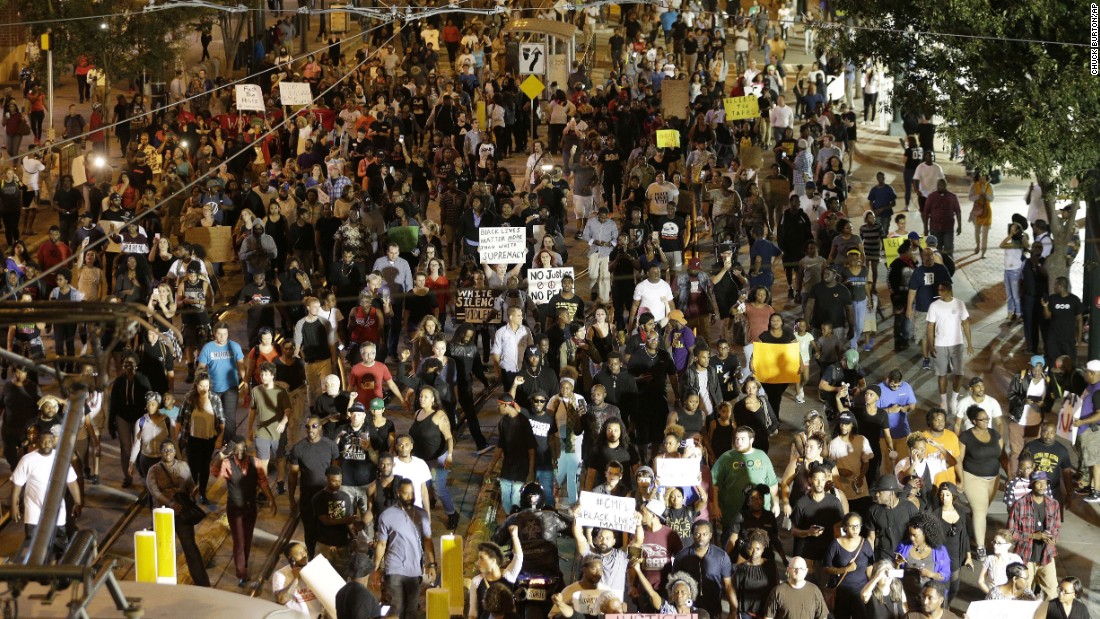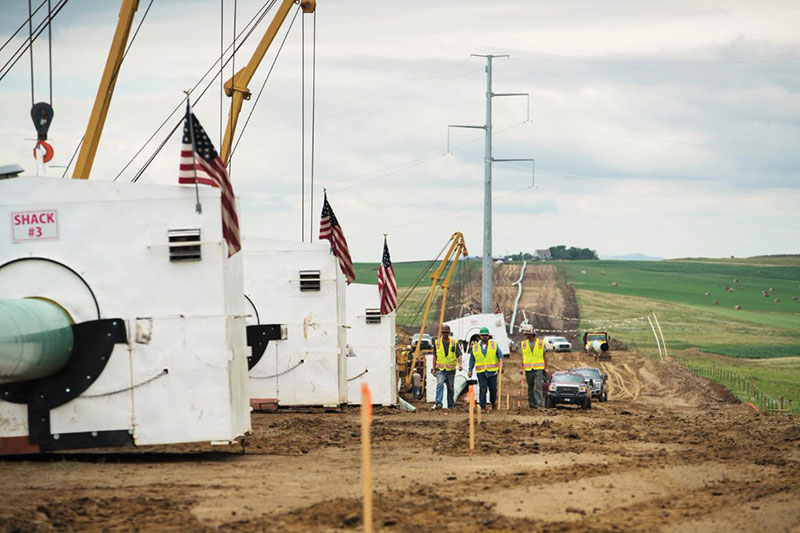Greenpeace is gearing up for a legal battle after being slapped with a verdict ordering them to pay at least $660 million to an energy firm over pipeline protests. This story is heating up as the environmental organization plans to take the fight to the next level. What does this mean for the future of environmental activism? Let's dive in and find out.
Greenpeace has always been at the forefront of environmental activism, but this recent verdict could change the game. The organization, known for its bold and sometimes controversial tactics, now faces a financial burden that could impact its operations worldwide. This isn't just about money; it's about the principles that drive their mission.
As we explore this unfolding saga, we'll look into the legal implications, the impact on Greenpeace's global initiatives, and what this means for other environmental groups. Stick around because this is just the beginning of a story that could redefine how environmental activism operates in the modern world.
Read also:Chicago Med Episodes Your Ultimate Guide To The Heartpounding Series
Greenpeace's decision to appeal the verdict is a clear indication that they're not backing down. But what led to this massive judgment, and how will it affect their future campaigns? Let's break it down step by step.
Understanding the Verdict Against Greenpeace
What Happened?
So here’s the deal. The verdict stems from protests Greenpeace organized against an energy firm’s pipeline projects. These protests were intense, involving blockades and other forms of civil disobedience. The energy firm argued that these actions caused significant financial losses, leading to the astronomical settlement amount. But let's be real, this isn't just about numbers. It's about setting a precedent for environmental activism.
Now, the $660 million figure is no joke. It's enough to make anyone's head spin. But Greenpeace isn’t just any organization. They’ve weathered storms before, and they’re determined to see this through. The question is, how did we get here? Let's rewind and take a closer look at the events that led to this verdict.
The Legal Battle Explained
The energy firm took Greenpeace to court claiming damages due to the protests. The court ruled in favor of the firm, citing the disruption caused to their operations. But here's the kicker – Greenpeace argues that their actions were justified under the banner of environmental protection. It’s a classic case of profit versus planet, and it’s playing out in the courtroom.
Legal experts are weighing in, with some saying the verdict could have far-reaching implications for environmental activism. If Greenpeace loses the appeal, it could discourage other groups from taking similar actions in the future. But hey, the fight isn’t over yet. Greenpeace has a team of lawyers ready to argue their case, and they’re not afraid to shake things up.
Greenpeace's Appeal Strategy
Why They're Fighting Back
Greenpeace isn’t backing down without a fight. Their appeal strategy is centered around the argument that their actions were not only justified but necessary. They claim that the energy firm’s pipeline projects posed a significant threat to the environment, and their protests were a last resort to bring attention to the issue.
Read also:Aubrey Plaza The Multitalented Star Breaking Stereotypes
Here’s the thing – Greenpeace has a strong track record of challenging big corporations and winning. They’ve successfully campaigned against companies like Shell and Nestle in the past. This experience gives them the confidence to take on this energy giant. But it’s not going to be easy. The legal battle ahead will be fierce, and the stakes are higher than ever.
Key Points in the Appeal
- Greenpeace argues that their protests were a form of peaceful civil disobedience.
- They claim the energy firm exaggerated the financial losses caused by the protests.
- Greenpeace insists that their mission to protect the environment outweighs any financial considerations.
These points form the backbone of their appeal. They’re not just fighting for themselves; they’re fighting for the future of environmental activism. The outcome of this appeal could set a precedent for how courts view protests against environmentally harmful projects.
Impact on Greenpeace's Global Initiatives
Financial Implications
Let’s talk numbers. If Greenpeace loses the appeal, the financial hit could be catastrophic. The $660 million settlement would require them to divert funds from vital projects like ocean conservation, forest protection, and climate change initiatives. This could mean scaling back operations in several countries, affecting the lives of millions who depend on their work.
But here’s the thing – Greenpeace has a massive global network. They’ve got supporters from all over the world who are ready to rally behind them. Crowdfunding campaigns and donations could help ease the financial burden, but it’s not a guaranteed solution. The organization will need to rethink its budget and priorities if the verdict stands.
Operational Challenges
Beyond the financial aspect, there’s the operational impact. Greenpeace’s reputation as a fearless advocate for the environment could take a hit if they’re seen as vulnerable to legal challenges. This could deter potential donors and volunteers, further complicating their ability to carry out future campaigns.
However, the organization has faced similar challenges before and emerged stronger. Their resilience and adaptability are key strengths that could help them navigate this storm. But it’s going to require some serious strategic thinking and possibly even rebranding their approach to activism.
What Does This Mean for Environmental Activism?
A New Era of Activism?
This case has the potential to redefine how environmental activism operates. If Greenpeace loses, it could discourage other groups from taking bold actions for fear of facing similar legal consequences. But if they win, it could embolden activists to push the boundaries even further.
Experts are divided on the potential outcomes. Some believe that corporations will become more cautious about pursuing legal action against activists, while others think it could lead to stricter regulations on protest activities. The truth is, we’re entering uncharted territory, and the implications could be far-reaching.
Public Perception and Support
Public opinion plays a crucial role in this story. Greenpeace has always relied on widespread support from the public to fuel its campaigns. If people perceive the verdict as unjust, it could galvanize even more support for their cause. Social media is already buzzing with reactions, with many calling for solidarity with Greenpeace.
On the flip side, some argue that Greenpeace’s tactics are too extreme and that they should find alternative ways to advocate for environmental protection. This divide in public opinion highlights the complexity of the issue and the challenges faced by environmental activists in today’s world.
Legal Precedents and Implications
Setting a New Standard
This case could set a legal precedent for how courts view protests against environmentally harmful projects. If Greenpeace wins the appeal, it could provide a stronger legal foundation for future activism. On the other hand, a loss could lead to increased scrutiny and potential legal barriers for similar actions.
Lawyers and legal experts are closely watching this case, as it could influence future legislation related to environmental activism. The outcome will likely shape how courts interpret the balance between corporate rights and environmental concerns.
Global Ramifications
The implications of this case extend beyond Greenpeace. Environmental groups around the world are paying attention, as the verdict could affect their operations and strategies. It’s not just about one organization; it’s about the broader movement for environmental protection.
International organizations and governments may also take note, potentially leading to changes in how they address environmental issues. This case could spark a global conversation about the role of activism in protecting the planet.
Data and Statistics Supporting the Cause
Environmental Impact of Pipelines
Let’s talk stats. Pipelines are a major source of environmental concern, with studies showing that they contribute significantly to greenhouse gas emissions and habitat destruction. For instance, the International Energy Agency reports that oil and gas pipelines are responsible for approximately 6% of global carbon emissions.
Greenpeace argues that their protests are necessary to highlight these issues and push for cleaner energy solutions. They point to data showing that renewable energy sources are not only more sustainable but also economically viable in the long run.
Public Support for Environmental Activism
Surveys indicate that public support for environmental activism is growing. A recent poll conducted by the Pew Research Center found that 70% of respondents believe that protecting the environment should be a top priority, even if it means higher costs for companies.
This growing support gives Greenpeace and other organizations hope that their efforts will resonate with the public, potentially swaying public opinion in their favor.
Call to Action
How You Can Help
So, what can you do? Supporting Greenpeace in their appeal is more important than ever. Whether it’s through donations, spreading awareness, or participating in local activism, every little bit helps. This isn’t just about one organization; it’s about the future of our planet.
Stay informed, get involved, and make your voice heard. The fight for environmental justice needs all the support it can get. Together, we can ensure that activism remains a powerful tool for change.
Conclusion
In conclusion, Greenpeace’s decision to appeal the verdict ordering them to pay at least $660 million to an energy firm highlights the ongoing battle between corporate interests and environmental protection. The outcome of this case could have significant implications for the future of environmental activism.
We’ve explored the legal battle, the financial and operational impacts on Greenpeace, and the broader implications for the global environmental movement. As we watch this story unfold, one thing is clear – the fight for a sustainable future is far from over.
So, what’s next? Greenpeace is determined to see this through, and they need your support. Join the conversation, stay informed, and take action. Together, we can make a difference.
Thanks for sticking around, and don’t forget to share this article with your network. The more people know, the stronger the movement becomes. Let’s keep the momentum going!
Table of Contents
- Understanding the Verdict Against Greenpeace
- Greenpeace's Appeal Strategy
- Impact on Greenpeace's Global Initiatives
- What Does This Mean for Environmental Activism?
- Legal Precedents and Implications
- Data and Statistics Supporting the Cause


